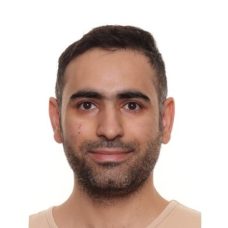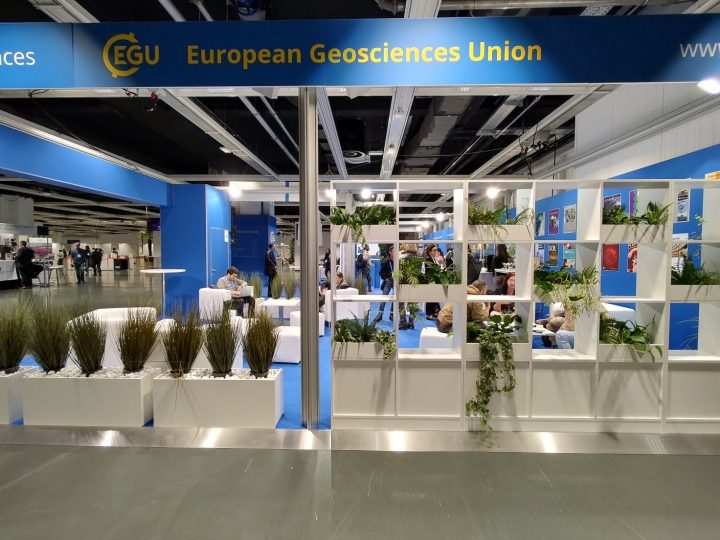Recharging your batteries: the motivational impact of conference involvement

The PhD journey can be demanding, but there are ways to fill your cup. Participating in a conference can be one of them.
Attending a major scientific conference
Recently I attended the European Geoscience Union General Assembly 2024, well known as EGU24. It is one the biggest scientific conferences in the world. This year it hosted 20,979 people (18,388 in person and 2,591 online) from more than 100 countries. This prestigious event was held at the Austria Center Vienna from April 14th to 19th 2024. In this post, I want to share my experience attending and enjoying a big conference.
Types of presentations
When you attend a big conference like EGU for the first time, it captures all your attention. There are three types of presentations: oral, PICO, and poster. Oral presentations typically allow speakers to present their research findings within a limited timeframe usually between 10 to 15 minutes, followed by a brief period for questions and discussion. Practically, it is not enough time for questions, but if somebody is interested in your work, they can follow you and ask their question during the break. The PICO presentations are between oral and poster presentations, and I found them the most attractive and efficient ones. It involves a two-minute fast presentation with a maximum of three slides on a big screen. Then it transitions to a touchscreen presentation, similar to a poster but more modern, since you can have different slides with media and animations. Those who are attracted to the presentation can go to the site and listen or ask questions with more freedom and time. In poster presentations, it is better to find the titles and abstracts in advance that you would like to see and get to know them. Alternatively, you can walk around the posters in the poster hall and stand at the ones you like, while the authors describe them to you.
Engaging with exhibitions
The conference halls were buzzing with activity, filled with booths from various groups such as NASA, Google Earth Engine, and publishers like Cambridge University Press and Elsevier. These booths showcased a plethora of interesting items, including new tools, data, and scientific software. Whether you were interested in drones, sensors, or data analysis software, there was something for everyone. These exhibitions provided valuable insights and opportunities to expand your knowledge, whether you were working in a laboratory, field, or utilizing data for your research.
Participating in workshops
Numerous workshops were held on various topics such as using AI in geosciences and programming. Try to make time to participate in some of them. It’s a great opportunity to learn new things. These workshops provide attendees with invaluable hands-on experience and practical knowledge.
Networking and collaboration
One of the highlights of the conference was meeting fellow researchers from around the globe. Engaging in conversations with them was truly enriching. For example, I connected with a postdoctoral researcher from Italy who shared my research interests. Our exchange sparked new ideas for my PhD thesis, and I even had the opportunity to discuss collaboration on future projects. So, don’t miss any opportunity, even during coffee breaks, to talk with others and expand your network.
Making the most of your conference experience
Do not be shy at the conference – it’s the perfect opportunity to grow your network with researchers of all levels. Take the initiative to ask questions, participate in discussions, and share your own research interests and methods. Making connections with both junior and senior researchers can open doors to collaboration and new opportunities.
Last word
Attending big conferences isn’t just about showing your research. It’s about getting inspired, learning new things, and meeting interesting people. Next time you get the chance to go to a conference, go for it! It could give you the boost you need for your research journey.
Amin Sadeqi
I am a doctoral researcher in Fluvial and Coastal Research Group, Department of Geography and Geology at the University of Turku.
